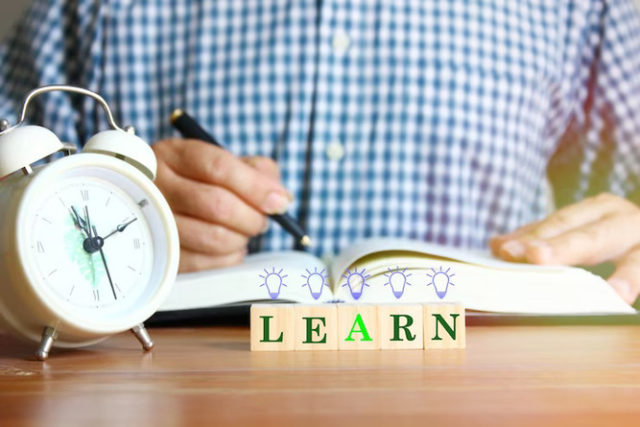Learning is a continuous process that occurs throughout our lives. It is not limited to a classroom setting or a specific age group. It also takes various forms, including formal education, work-related training, personal development, and informal experiences.
In today’s fast-paced, ever-changing world, learning has become essential for personal and professional growth. Therefore, this blog will discuss the purpose of learning and why it matters today.
Importance of Learning:
Learning is vital for personal and professional development, mental health and well-being, social connections, and personal fulfilment. However, we will discuss each of these critical aspects of learning in brief below.
-
Personal Development
Learning can enhance personal development and improve quality of life. It also helps you to develop new interests, hobbies, and passions, expand your knowledge and skills, and cultivate a sense of purpose and meaning in life.
-
Career Advancement
Learning can also help you advance your career and, m improve your job prospects. It can increase your knowledge and skills make you more valuable to employers, and open up new opportunities for growth and development.
-
Mental Health
Learning has been linked to improved mental health and well-being. It also reduces stress, anxiety, and depression enhances cognitive function, and increases self-confidence and self-esteem.
-
Social Connections
Learning can also help you connect with others and build social relationships. It can provide opportunities for networking, community involvement, and collaboration and help you make sense of belonging and identity.
What happens if we don’t make learning a priority?
Learning allows us to acquire new knowledge, skills, and perspectives that can enhance our lives and careers. However, what happens if we don’t pursue learning?
Below, we will explore the consequences of not investing in our education and personal growth.
-
Stagnation
We must learn to avoid becoming stagnant in our personal and professional lives. We may miss out on new opportunities for growth and development, and our skills and knowledge need to be updated. This can lead to frustration and dissatisfaction as we feel stuck in our current circumstances.
-
Limited Career Prospects
Basically, in today’s competitive job market, employers are looking for constantly learning and growing individuals. We may only expand our career prospects and job opportunities if we invest in our education and skills. We may also find it challenging to keep up with the demands of our current job, leading to decreased productivity and job satisfaction.
-
Increased Risk of Obsolescence
In a world that is constantly evolving, new technologies and practices are emerging at a rapid pace. We risk becoming obsolete if we don’t keep up with these changes. Therefore, our skills and knowledge may no longer be relevant, and we may find competing in the job market difficult.
-
Missed Opportunities for Personal Growth
Learning is essential not just for professional growth but also for personal gain. Knowledge is necessary to explore new interests, cultivate new hobbies, and expand our horizons. This also leads to boredom and a lack of fulfilment in life.
-
Reduced Quality of Life
Learning has been linked to improved mental health and overall well-being. Learning is necessary to experience the cognitive and emotional benefits of engaging in new experiences and pursuing personal interests. This also leads to a decreased quality of life and a sense of unfulfillment.
Conclusion:
Learning is an integral part of growing as a person and worker. It helps us change, stay informed, and engage with the world around us.
Whether it’s through formal education, work-related training, or personal development, learning can enhance our knowledge, skills, and well-being. So, by embracing a lifelong learning mindset, we can continue to grow, develop, and achieve our full potential in life.












































